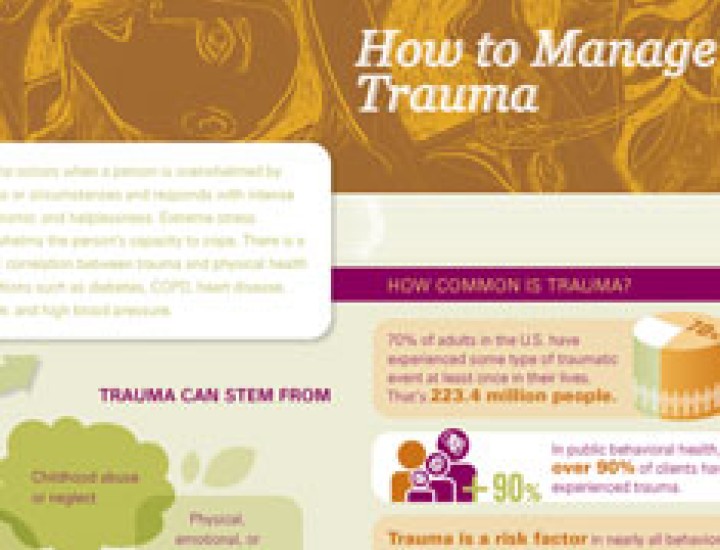Copeland Center Values and Ethics

Values and Ethics
1. Co-facilitation conveys the premise that there is hope, that people can get well, stay well for long periods of time and do things they want to do with their lives.
2. Self-determination, personal responsibility, empowerment and self-advocacy are key aspects of taking action for whole health and wellbeing.
3. Co-facilitated group decision making and personal sharing.
4. All individuals are treat ed as equals with dignity, compassion, mutual respect and unconditional regard.
5. There is unconditional respect for people as the unique, special individuals they are, and inclusivity is supported of cultural diversity; ethnicity, language, religion, spirituality, race, gender identity, age, parenting, military experience,
disability, sexual orientation and "readiness" considerations.
6. There is zero tolerance for discrimination or disrespectful comments.
7. This program is based on the premise that there are no limits to recovery and wellness.
8. Participants are given the opportunity to explore choices and opt ions and are not expected to find simple, final answers.
9. All participation is voluntary.
10. It is understood that each person is the expert on themselves.
11. The focus is on individual strengths and away from perceived deficits.
12. The focus is on working together and having peers learn from each other to increase mutual understanding and knowledge and to promote wellness.
13. The focus is on strategies that are simple and safe for anyone, and it stays away from strategies that may have harmful effects.
14. Difficult feelings and behaviors are seen as norm al responses t o traumatic circumstances. Individuals are encouraged to view difficult feelings and behavior in the cont ext of what was happening and not as symptoms or a diagnosis.
